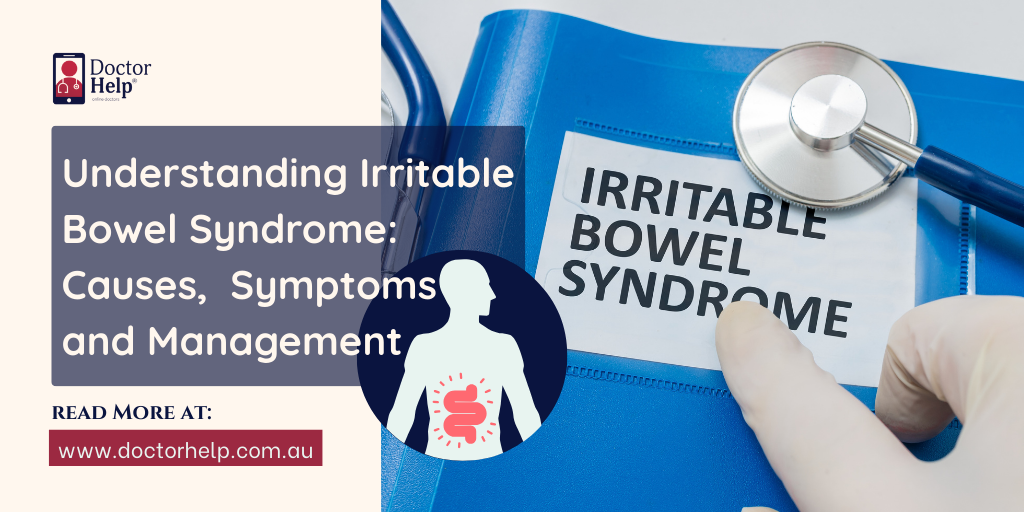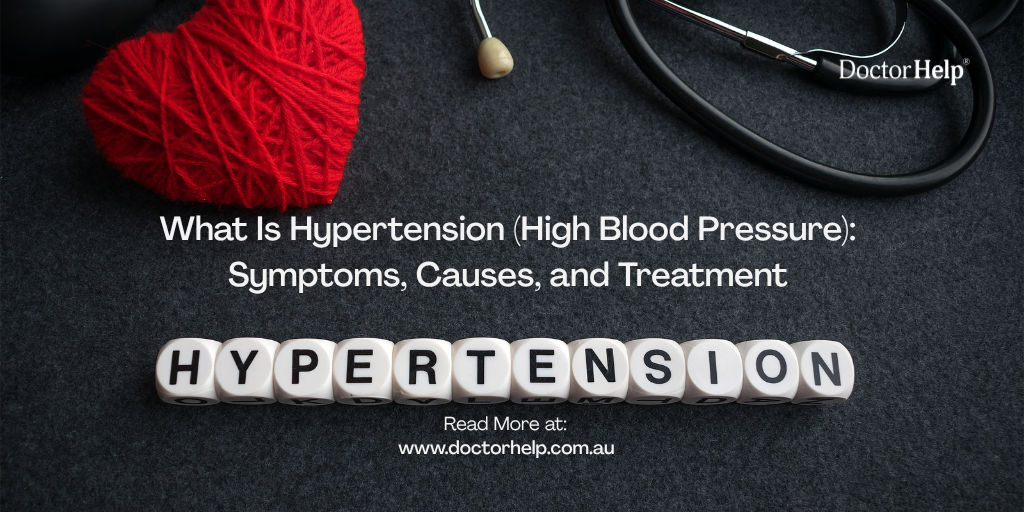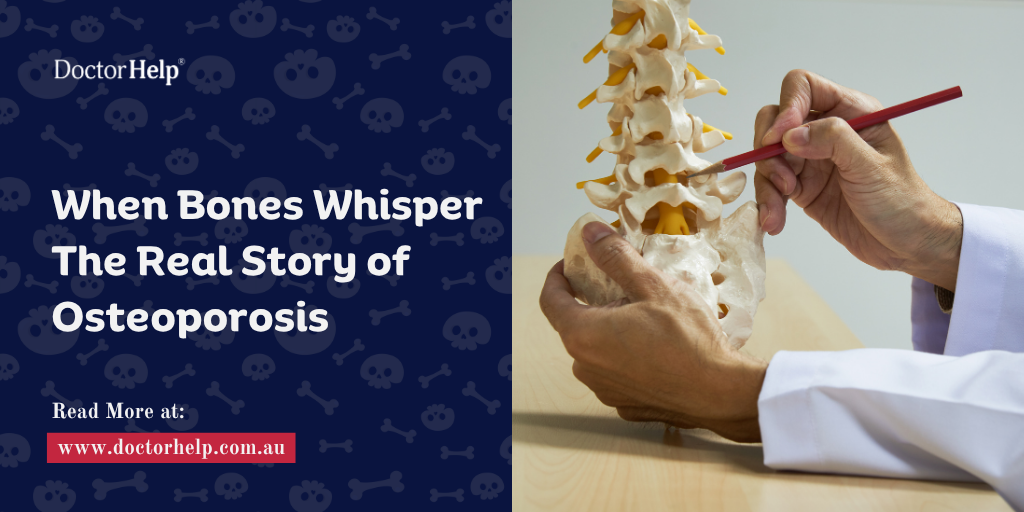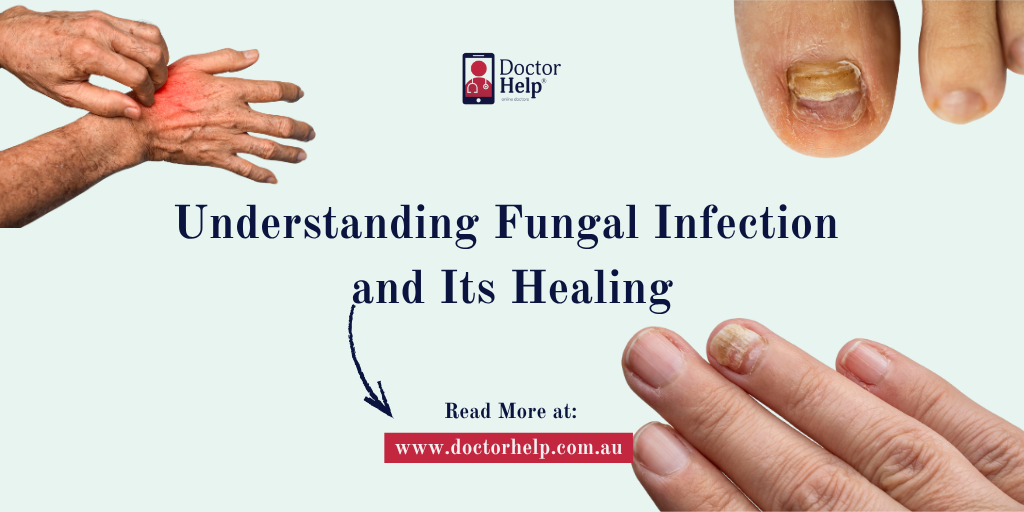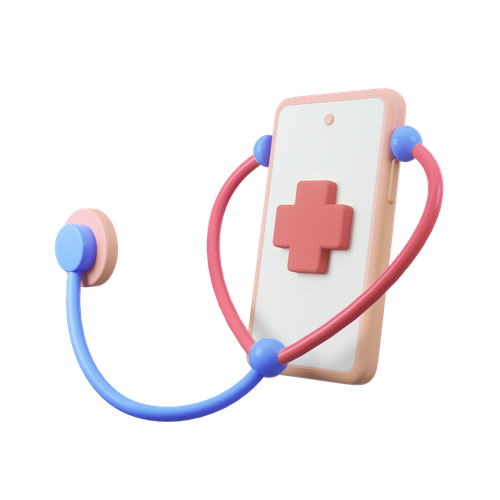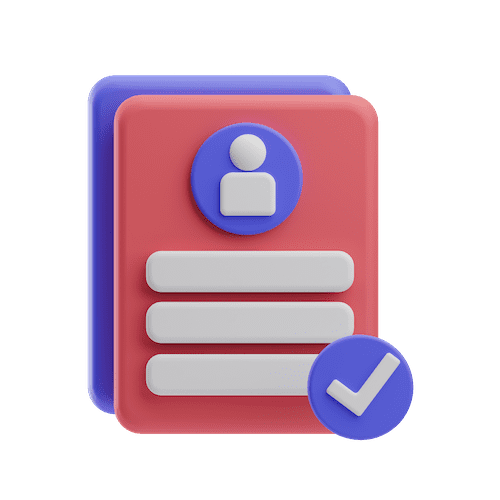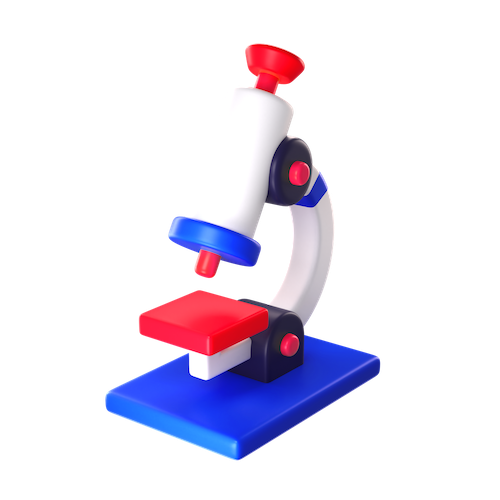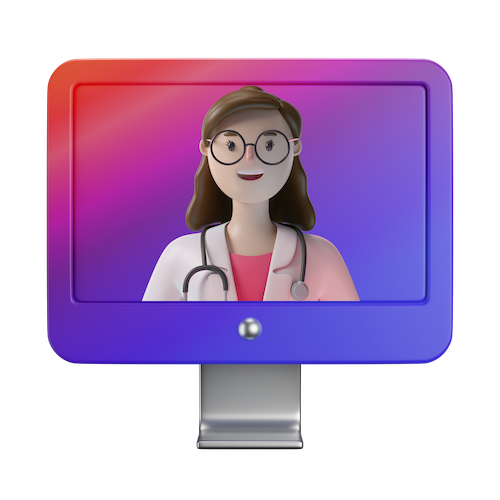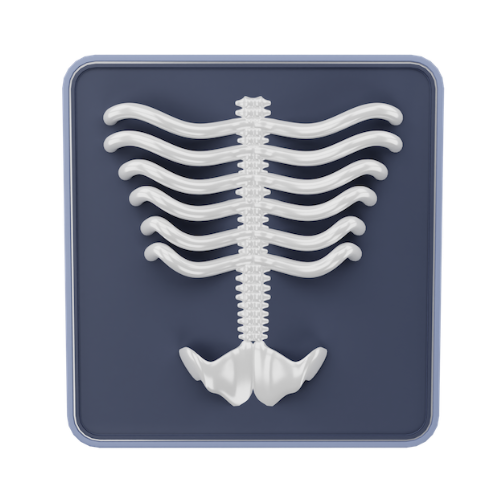Table of Contents
There’s a quiet truth many people carry but rarely talk about: living with irritable bowel syndrome. IBS doesn’t look dramatic from the outside. You won’t see it on an X-ray, and it won’t always stop you in your tracks. But for those who live with it, IBS is unpredictable, exhausting, and often deeply isolating. One day you’re fine. Next, your stomach feels like it’s twisting in knots, and you’re praying you can make it through a workday without excuses.
This isn’t just about digestion. It’s about the ripple effects. The way IBS creeps into your choices, your social life, even your sense of ease in your own skin. Understanding IBS symptoms, what causes IBS, and how to manage it is more than a medical exercise. It’s about giving people their freedom back.
The Faces of IBS: More Than Just a “Sensitive Stomach”
IBS is one of the most common gut conditions in Australia, affecting roughly 1 in 5 adults according to Healthdirect Australia. But common doesn’t mean simple. Symptoms vary wildly; for some, it’s constipation that drags on for days. For others, it’s sudden diarrhoea that leaves them racing for the nearest bathroom. Add bloating, gas, and cramps, and you’ve got a condition that doesn’t just cause discomfort but reshapes daily life.
And here’s the kicker: IBS symptoms in women are often worse around hormonal changes, like during menstruation. That means the condition is not just unpredictable but layered with additional complexity for half the population.
IBS isn’t dangerous in the sense that it won’t damage your bowel like Crohn’s disease or ulcerative colitis. But dismissing it as “just IBS” overlooks the truth: when your gut feels like it’s working against you, the rest of life becomes harder to manage.
IBD vs IBS: Clearing the Confusion
A lot of people blur the lines between IBD vs IBS. And it matters.
- Irritable bowel syndrome (IBS) is a functional disorder in which the gut looks normal, but it doesn’t behave as it should.
- Inflammatory bowel disease (IBD), which includes Crohn’s and ulcerative colitis, is an autoimmune condition that causes inflammation and damage you can see in scans.
That difference is critical. IBS can upend your quality of life, but it doesn’t cause the long-term harm that IBD does. Still, the symptoms can feel just as real, just as disruptive.
What Causes IBS? The Complicated Truth
If only there were a neat answer. People often ask what causes IBS as if there’s a single culprit to blame. But IBS is a tangled web.
Gut-brain connection: The gut has its own nervous system. In IBS, those signals can get scrambled, leading to hypersensitivity and pain.
Hormonal factors: Many women notice flare-ups around their cycle, pointing to hormones as key players.
Dietary triggers: Certain foods, such as high-fat meals, caffeine, or specific carbs, can set off the gut.
Infections and antibiotics: Some people develop IBS after a bad stomach bug or medication that disrupts gut bacteria.
In short: IBS isn’t caused by one thing, but by a mix of biology, environment, and sometimes bad timing.
IBS Diet: Finding Relief in Food Choices
When it comes to IBS, food is both friend and foe. Some meals pass through unnoticed; others light a fire in your gut. That’s where an IBS diet can help.
The FODMAP diet, developed at Monash University, is one of the most successful strategies. FODMAPs are carbohydrates which are fermented in the gut and cause such symptoms as gas and bloating. The idea of reducing them with the help of a dietitian can alleviate much.
The trick is that this is not the case of never eating any type of food. The FODMAP diet is staged and assists you to establish the culprit and safe foods. Because food isn’t just fuel. It’s culture, comfort, and connection. And no one should live in constant fear of a meal.
IBS Medication: When Food and Lifestyle Aren’t Enough
For some, dietary changes and lifestyle shifts only get them halfway. That’s where IBS medication can step in. Depending on your type of IBS, a doctor might suggest:
- Medicines to calm painful cramps.
- Laxatives or fibre supplements for constipation-heavy IBS.
- Anti-diarrhoeal medication for sudden flare-ups.
Medication isn’t a silver bullet, but it can be part of a toolkit. And for many, it’s the difference between surviving and actually living.
Can You Cure IBS Permanently?
The question on everyone’s lips: how to cure IBS permanently. The honest answer? Right now, there isn’t a cure. IBS is a chronic condition. But that doesn’t mean you’re trapped.
Many people find ways to manage their symptoms so effectively that flare-ups become rare and mild. Through a tailored IBS diet, appropriate IBS medication, and stress management strategies, it’s possible to keep IBS from running the show.
It may not be a cure in the strictest sense, but it can feel like one when life stops revolving around your gut.
Living With IBS: The Emotional Undercurrent
Here’s the part that doesn’t always get enough airtime: IBS isn’t just physical. It plays tricks on your mind, too. The constant “what if”, what if I can’t find a bathroom, what if I cancel plans again, can spiral into anxiety or low mood.
The Journal of Gastrointestinal and Liver Diseases highlights the value of therapies like gut-directed hypnotherapy and cognitive behavioural therapy (CBT). These approaches don’t just help you cope with symptoms, they ease the emotional toll.
Because IBS isn’t just about your bowel. It’s about how you live your life around it. And no one should feel defined by their diagnosis.
Final Thoughts
The effect of IBS is not reflected on scans but its presence is real. It may appear as invisible to the world but so overwhelming in your own body. However, this is the fact: having the combination of the right knowledge, support, and daily habits, IBS does not need to rob you of your freedom.
It might not be a lasting remedy yet but there are methods of lightening the load, of regaining some lightness. Don’t go it alone should you be living the life that IBS is creating. Talk to your GP, see a dietitian, explore the resources that are out there. Step by step, you can learn to live well with irritable bowel syndrome.
References:
- Healthdirect Australia. (2025, May 21). Irritable bowel syndrome (IBS). Symptoms, Triggers, Treatment & Management | Healthdirect.
https://www.healthdirect.gov.au/irritable-bowel-syndrome-ibs - Inflammatory bowel disease (IBD) – Symptoms and causes. (n.d.). Mayo Clinic.
https://www.mayoclinic.org/diseases-conditions/inflammatory-bowel-disease/symptoms-causes/syc-20353315 - Irritable bowel Syndrome (IBS). (2025, September 11). Cleveland Clinic.
https://my.clevelandclinic.org/health/diseases/4342-irritable-bowel-syndrome-ibs - Australia’s own low FODMAP diet going strong after 20 years. (2025, September 10). Monash Edu.
https://www.monash.edu/medicine/news/latest/2025-articles/australias-own-low-fodmap-diet-going-strong-after-20-years - Psychological interventions for irritable bowel Syndrome. (n.d.). In Journal of Gastrointestinal and Liver Diseases.
https://www.jgld.ro/jgld/index.php/jgld/article/view/1074/316

